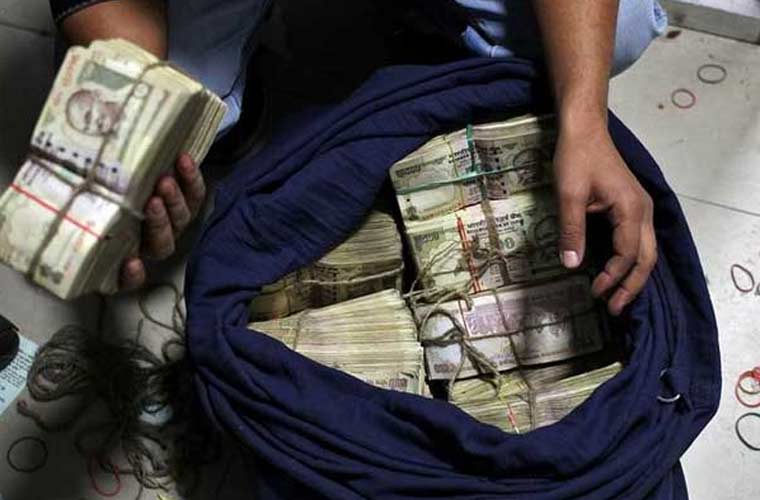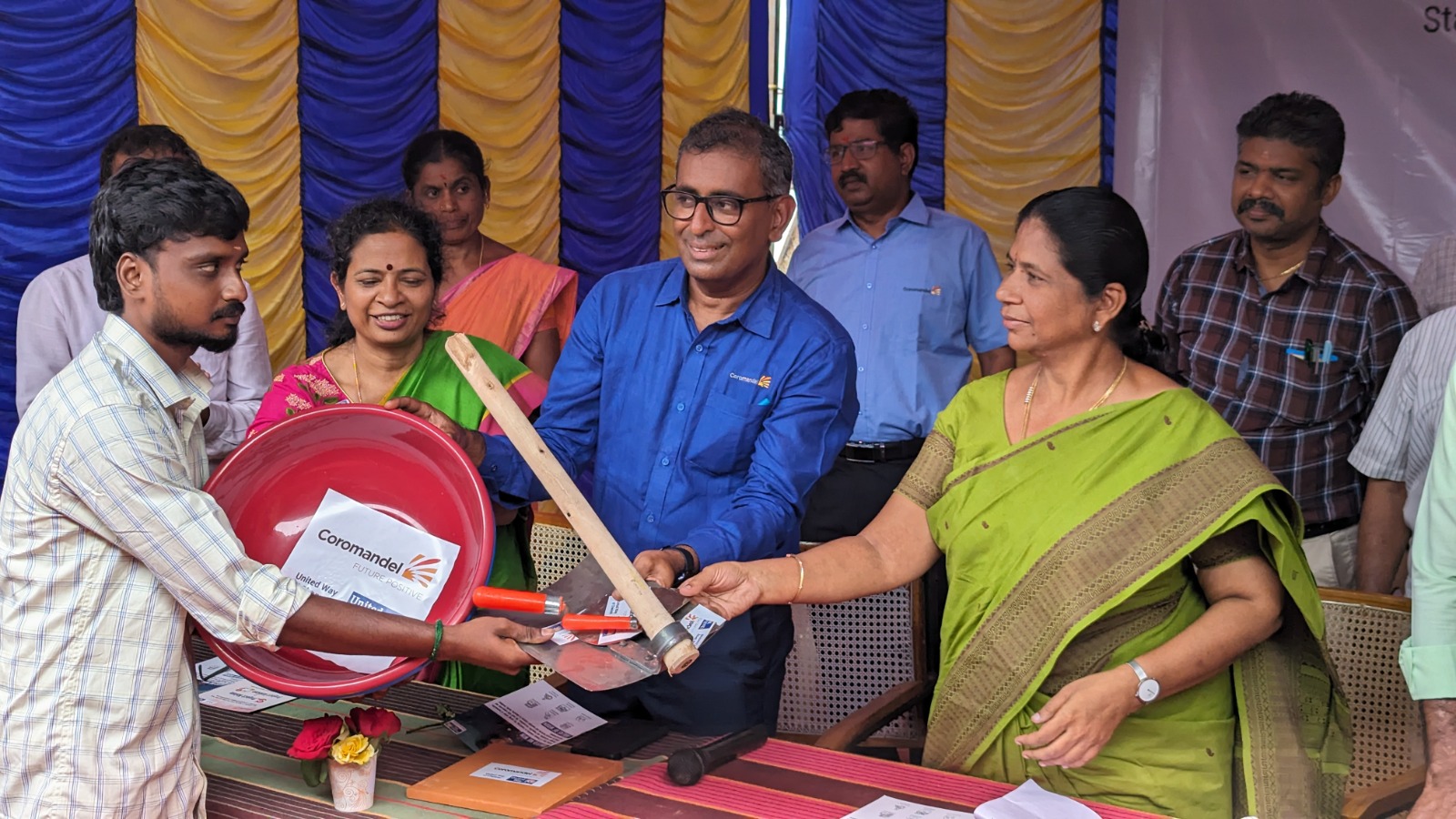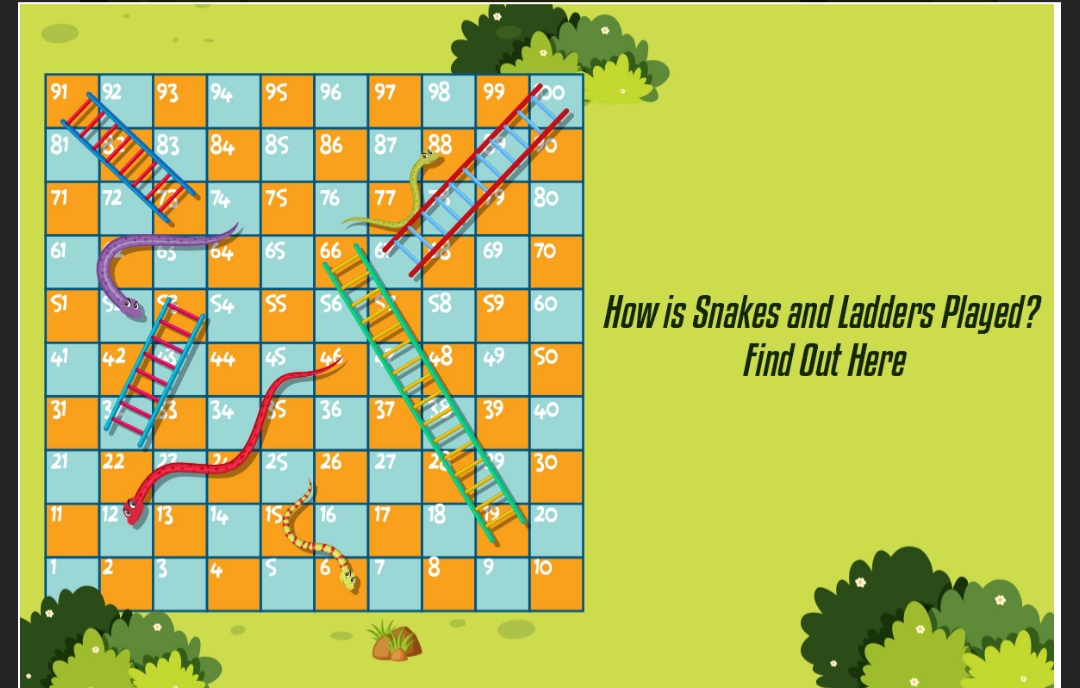Trending Now
- 830 voters names go missing in Kavundampalayam constituency
- If BJP comes to power we shall consider bringing back electoral bonds: Nirmala Sitaraman
- Monitoring at check posts between Kerala and TN intensified as bird flu gets virulent in Kerala
India News
Did Notes Ban Choke Black Money, Terror, Fake Currency? One Year Later, A Fact Check
![]() November 7, 2017
November 7, 2017
Written by Sreenivasan Jain and Manas Pratap Singh
One year later, it is time to assess whether any of the claims on demonetisation were achieved, starting with black money.
In his speech on November 8 last year, announcing the ban on high value currency, Prime Minister Narendra Modi set out the reasons for the dramatic move – striking a blow against black money, terrorism and fake currency.
One year later, it is time to assess whether any of these claims were achieved, starting with black money.
The government initially suggested that a good chunk of demonetised notes will not enter the banking system; that amount is the black money, they said, that will get wiped out.
In November 2016, the government’s top law officer, then Attorney General Mukul Rohtagi told the Supreme Court that the estimate for the amount that will get wiped out is about Rs. 4-5 lakh crore, or 25% of the total value of the banned at Rs. 15.44 lakh crore (total value).
But instead of 25%, Central Bank RBI reported this year that only 1% of the cash did not return.
The government changed tack, saying that they have carried out a massive series of raids on illicit cash hoarders, leading to the confiscation of Rs. 1,003 crore, and the detection of Rs. 17,526 crore of undisclosed income.
Also under the scanner – Rs. 17,000 crore that was taken out of 35,000 shell companies during demonetisation. But add those up, and it comes to just over 2% of the total amount demonetised.
Also, in previous years, the amount of undisclosed cash detected has been higher, climbing from Rs. 19,337 crore in 2012-13, to Rs. 90,391 crore in 2013-14, according to a CAG report.
The government has, however, rebuffed the idea that banned money that’s come back into the banks has escaped scrutiny.
A much-cited figure is the Income Tax department’s monitoring of 13 lakh accounts, with suspicious deposits during demonetisation totalling Rs. 2.9 lakh crore.
It is, however, unclear how much of that will be discovered as illicit funds, and by when.
Moreover, data from previous years shows higher amounts under scrutiny. In 2013-14, that amount was Rs. 2.87 lakh crore, rising to Rs. 3.83 lakh crore the next year, and peaking at Rs. 5.16 lakh crore in 2015-16, according to a CAG report.
On fake currency, Finance Minister Arun Jatiley told Parliament in July that the total counterfeit currency discovered since demonetisation is worth Rs. 11.23 crore, which is 0.0007% of all demonetised currency.
RBI data for the entire financial year (2016-17) shows a higher amount – Rs. 43 crore fake currency detected. That still works out to only 0.0002% of all demonetised currency.
As for terrorism, an analysis of Home Ministry data (compiled by South Asia Terrorism Portal, or SATP) from 10 months before note ban, and 10 months after shows that in Jammu and Kashmir, terror incidents rose 38% after demonetisation, the deaths of civilians climbed 2500%, and 2% more security personnel were killed.
In Naxal affected states, terror incidents and deaths of civilians fell by about 45% after the note ban, but the number of security personnel killed rose by 82%.





















